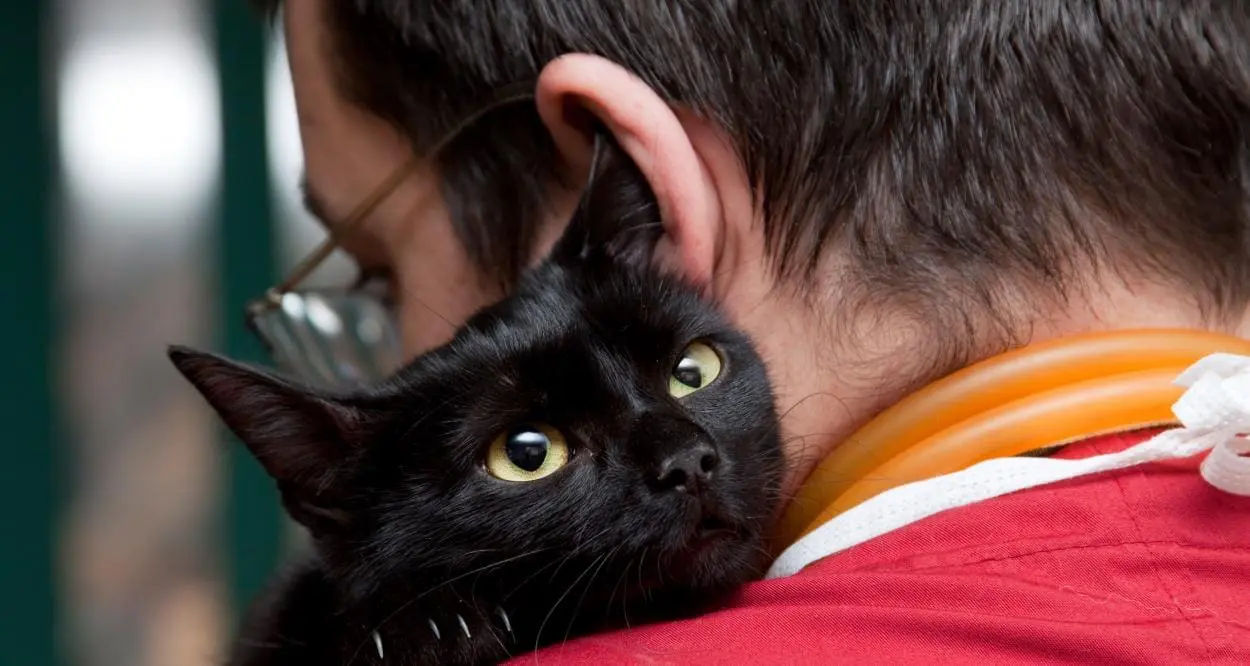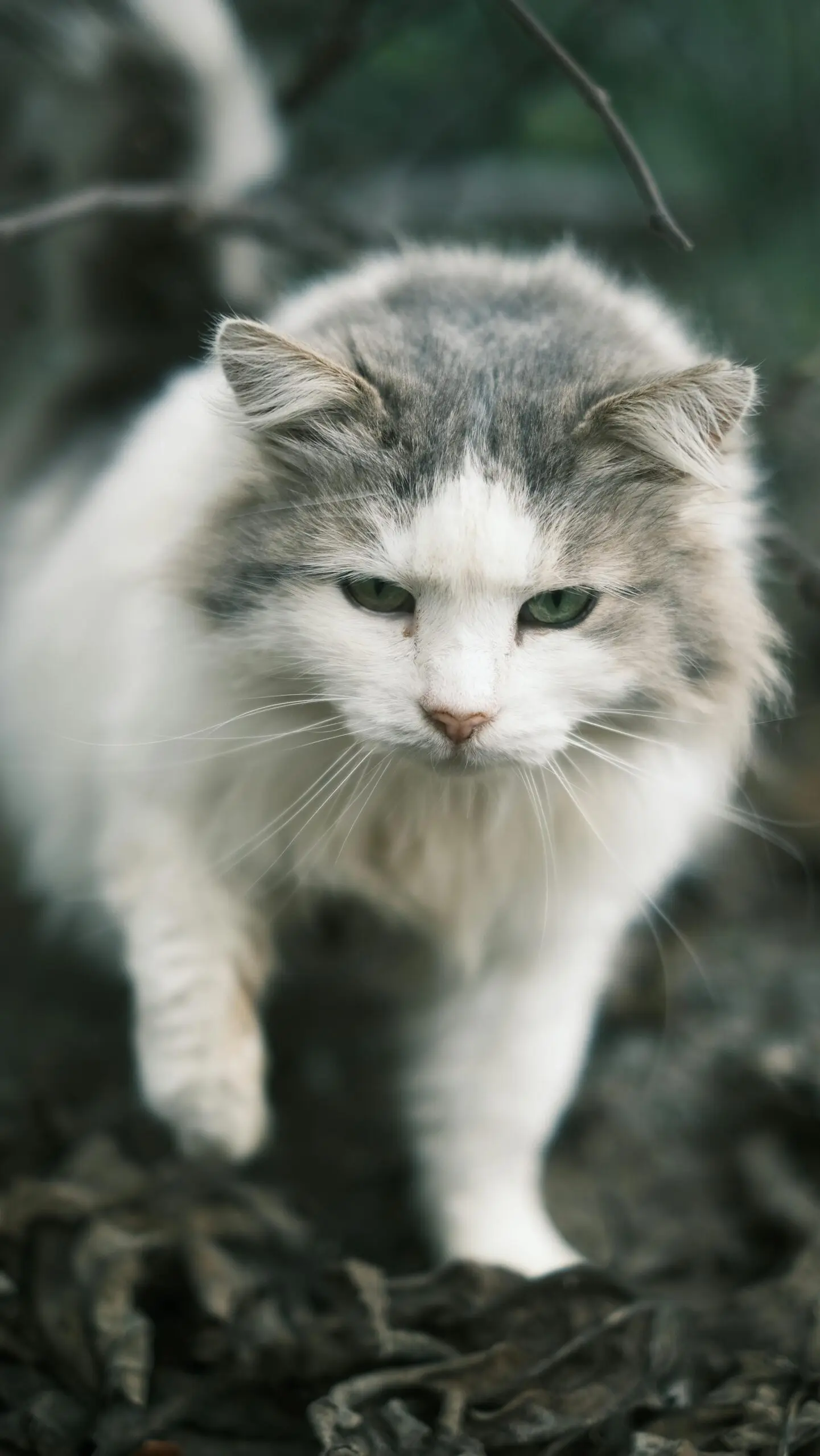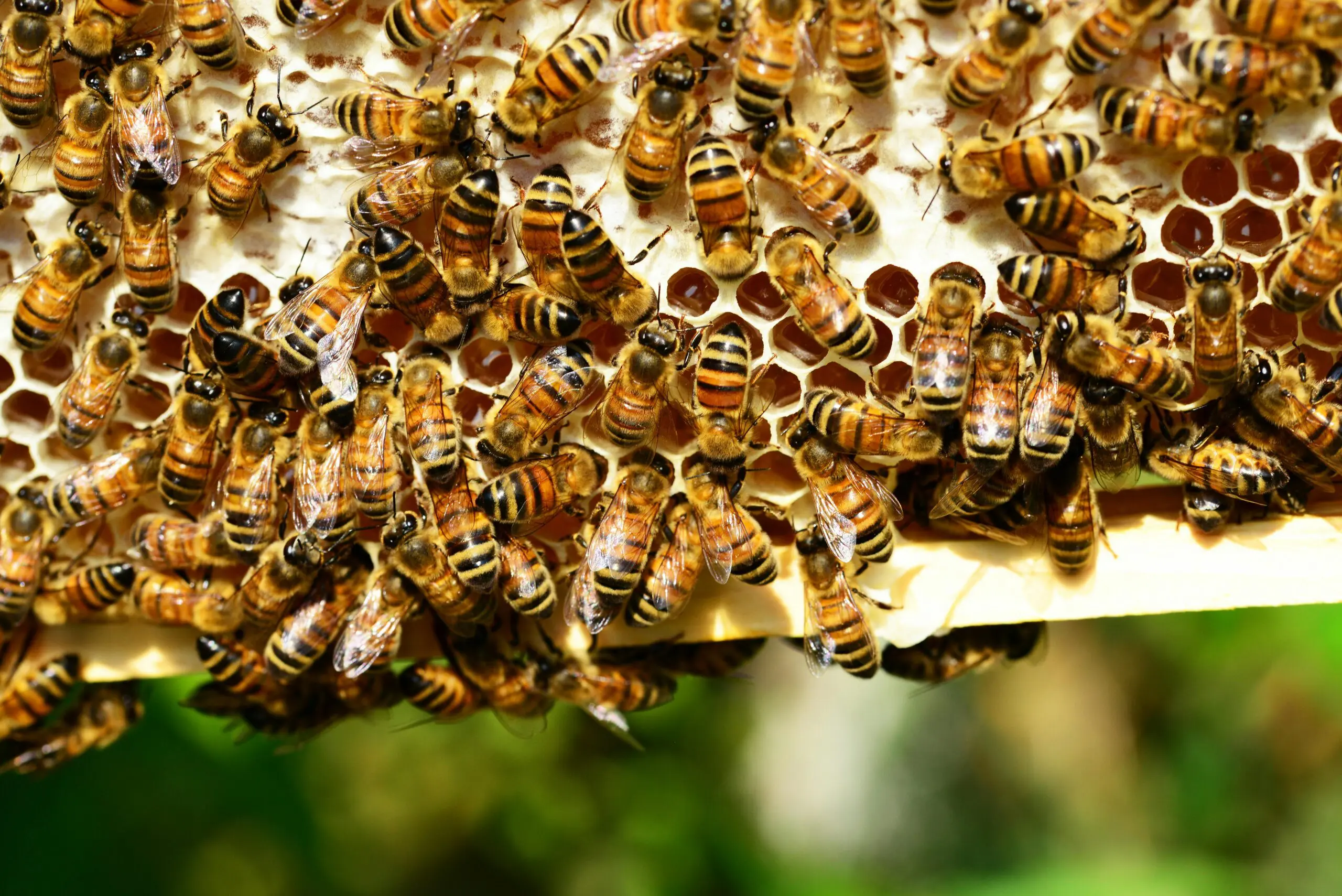Although we associate this condition with ourselves, humans, animals can also suffer from obsessive-compulsive disorder or OCD for short. This behavioral disorder causes the meowing friend to perform certain “rituals”, seemingly without good reason. Viewed from the side, these models are strange, repetitive, and seem to have no practical purpose.
It is believed that this disease is more common in some Asian breeds such as Persian or Burmese, and the reasons for its occurrence are unknown. Genetics could be a factor, but there is not enough research to prove it.
How to guess that the purring friend has OCD
Some cats will show one or more behaviors. Let’s take a look at what you should watch your caressing companion for:
• Excessive care is a common sign of OCD. Cats with this disease can significantly overdo their baths and licking to such an extent that they cause hair loss!
• Obsessive chewing, biting or sucking on fabric
• Chasing the tail, biting or injuring yourself
• Loud meowing, although this can mean many other things.
• Sensitivity of the skin to the touch or trembling of the skin on the back
All of these behaviors can begin as normal casual activities for your feline pet. Of course, this disorder can appear suddenly if your purring friend is stressed. The bad thing is that over time, the behavior can be sharpened and fixed and begin without the presence of external factors.
How OCD is diagnosed in cats
If you think your cat has strange OCD-like behaviors, it’s best to discuss this with your veterinarian. There are no specific tests to prove it, but it is still important to rule out other causes of abnormal behavior before making a diagnosis.
The veterinarian will first rule out medical reasons for the strange action of your meowing companion. Excessive washing and hair care, for example, can be associated with skin problems.
You could help the vet by recording the strange behavior of the purring friend in a video, because it is unlikely that if you take your cat to the office, she will definitely start to demonstrate them.
How to treat obsessive-compulsive disorder in cats
There is no known cure for this disease, but there are some things that can alleviate its symptoms.
On first place
do your best not to calm or reward your cat when he or she is obsessive-compulsive. This can intensify the actions and make your purring friend repeat them even more often.
Because meowing animals love consistency and routine, you can create a schedule. Fix your meal times and follow them. Playing time should also be planned and happen at a specific time. Keeping a healthy routine can calm your meowing companion and reduce stress, which can alleviate some of the symptoms.
Your veterinarian may prescribe additional supplements or medications, but in no case, do not buy them without them being explicitly prescribed! However, these steps are taken in severe cases of behavioral disorder.
If your meowing friend suffers from an unusual behavioral disease and you notice that he is behaving strangely or has repetitive actions – be sure to consult your veterinarian. However, if your cat is under stress because of a change in your home, you can try to help further by establishing a feeding schedule or play time. Routine usually calms meowing animals.







